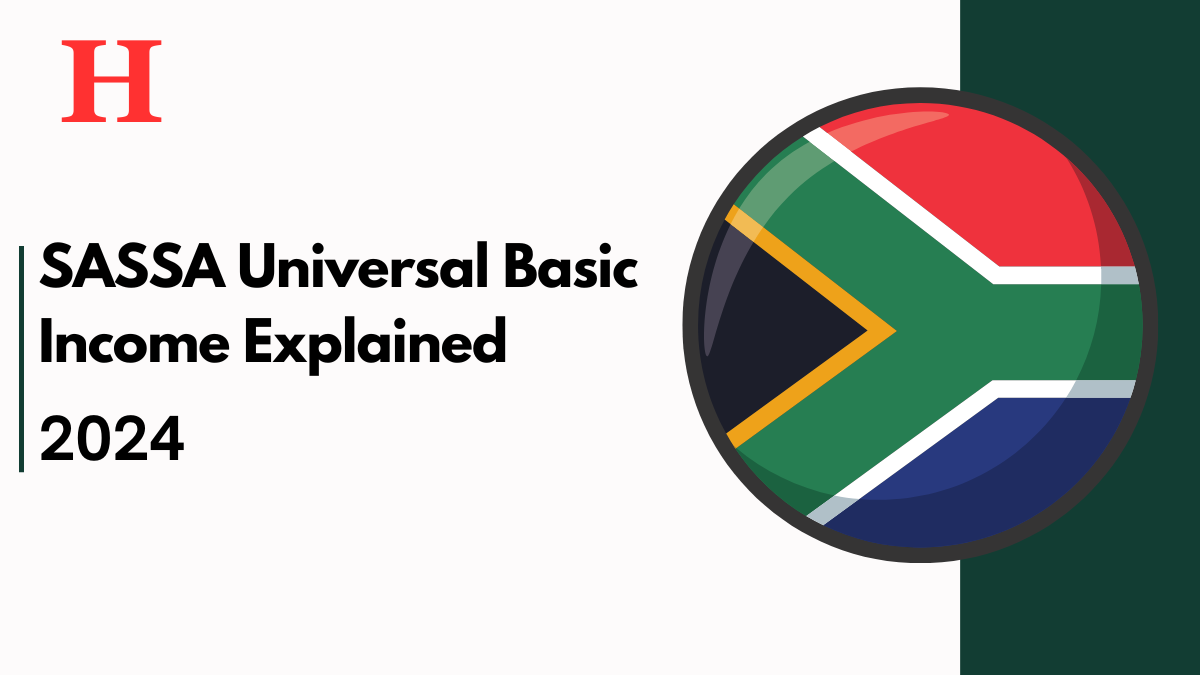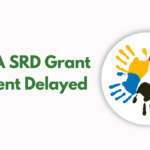South Africa is undergoing a major political shift after the African National Congress (ANC) lost its majority in the general elections on May 29, 2024. This historic event has initiated complex negotiations between the ANC and its political rivals to form a coalition government. As discussions progress, one of the central topics is how to maintain or increase income support for adults, especially the continuation of COVID-19 relief payments for the country’s poorest households.

SASSA Universal Basic Income
As South Africa faces significant political changes following the 2024 general elections, discussions around social welfare have intensified. One of the most notable proposals is the introduction of a Universal Basic Income (UBI), a plan to replace the Social Relief of Distress (SRD) Grant with a broader system of financial support for all adults. This article explores the details of SASSA’s potential UBI program, its impact on current welfare systems, and how it could transform the country’s social safety net.
The Move Toward Universal Basic Income (UBI)
The ANC has proposed transforming the COVID-19 relief grant into a Universal Basic Income (UBI). This plan, announced a week before the elections, would make South Africa the first country to implement a UBI if it becomes law. The ANC has committed to rolling out this policy within two years, provided they secure a new government coalition.
If introduced, the UBI would offer regular payments to all adults aged 18 to 59, regardless of their employment status, significantly expanding the current welfare support system.
Current State of Social Relief in South Africa
The Social Relief of Distress (SRD) Grant currently provides financial assistance to individuals whose income is below the food poverty line. The ANC plans to expand this support by gradually increasing the income eligibility threshold, ensuring more adults qualify for aid. Currently, the means-testing is based on the poverty line set in 2021, which has since risen, excluding many needy people from receiving the grant.
Global History and Perspectives on UBI
Universal Basic Income (UBI) is not new and has been debated globally for years. Visionaries like Elon Musk have advocated for UBI to solve the rising unemployment caused by automation. Similarly, Martin Luther King Jr. viewed UBI as a powerful tool for combating poverty. The COVID-19 pandemic brought the idea back into focus as governments worldwide offered emergency financial support to needy citizens.
Economic Impact of UBI
Research shows that direct financial support to the poorest households significantly benefits the economy. Kelle Howson, a senior researcher at the Institute for Economic Justice (IEJ) in Johannesburg, highlights that UBI boosts economic activity by increasing spending among low-income households. The IEJ reports that 93% of SRD grant recipients use the funds primarily for food, underscoring these payments’ essential role in daily survival.
International Case Studies on UBI
Several countries have conducted UBI trials, showcasing its potential benefits. In Kenya, a trial by GiveDirectly revealed that recipients used the money to improve their lives by saving for large purchases, enhancing their diets, and starting small businesses. Other trials worldwide have yielded similarly positive results.
For instance, during the COVID-19 pandemic, Spain introduced a scheme offering €1,015 per month to 850,000 households. In the United States, the CARES Act provided $1,200 payments to adults earning less than $99,000 annually, while the UK launched a furlough and self-employment support scheme worth £100 billion.
Post-Pandemic Policy Changes
As the pandemic subsided, many governments scaled back emergency financial support, returning to austerity measures. A study by the National Institute of Economic and Social Research in the UK showed that maintaining increased Universal Credit payments could have significantly reduced poverty. However, discontinuing these payments led to a rise in severe financial hardship.
South Africa’s Unique Approach to Social Welfare
Unlike many countries, South Africa has continued its COVID-19 grants despite pressure to implement tighter financial controls. In April 2021, these grants were temporarily stopped, leading to widespread unrest and riots. The government quickly reinstated the grants by August 2021, recognizing their importance.
However, the SRD Grant has limitations. The payments cover only half the food poverty line, meaning recipients struggle to meet their basic needs. Additionally, many eligible individuals do not receive the grant due to difficulties with the application and distribution process, leaving them without much-needed support.
Criticism of the Current System
Organizations like the Institute for Economic Justice (IEJ) and the PayTheGrants campaign have criticised the current social relief system. They argue that the digital application process and automated means-testing often exclude eligible individuals, particularly those without reliable internet access.
Elizabeth Raiders, an unemployed South African and activist, frequently speaks about the daily struggles of those denied support. The IEJ has even taken legal action against the government, claiming that the existing regulations unfairly exclude millions of people from receiving aid.
Will UBI Replace the SRD Grant?
While introducing Universal Basic Income (UBI) could replace the Social Relief of Distress (SRD) Grant, it would expand support to a more significant portion of the population. The UBI would provide consistent payments to all adults aged 18 to 59, regardless of income or employment status, marking a substantial shift from the means-tested SRD Grant.
Conclusion: The Future of UBI in South Africa
As South Africa navigates this new political landscape, implementing a Universal Basic Income could represent a transformative approach to social welfare. While the current SRD Grant has been vital in supporting low-income individuals, its limitations and the exclusion of eligible people underscore the need for a more inclusive system.
The ANC’s proposed UBI could provide that system, offering financial security to millions of South Africans. However, it will take time to determine whether UBI can be successfully implemented and how it will impact the country’s economy and social fabric. For now, the nation waits to see if this bold step will become a reality, reshaping the future of social support in South Africa.
Click Here To Know More.

Sailza is a passionate writer known for her commitment to originality and quality. She crafts engaging, plagiarism-free content that captivates and informs. With a talent for storytelling and attention to detail, her work reflects her dedication to delivering insightful, creative, and authentic writing.



